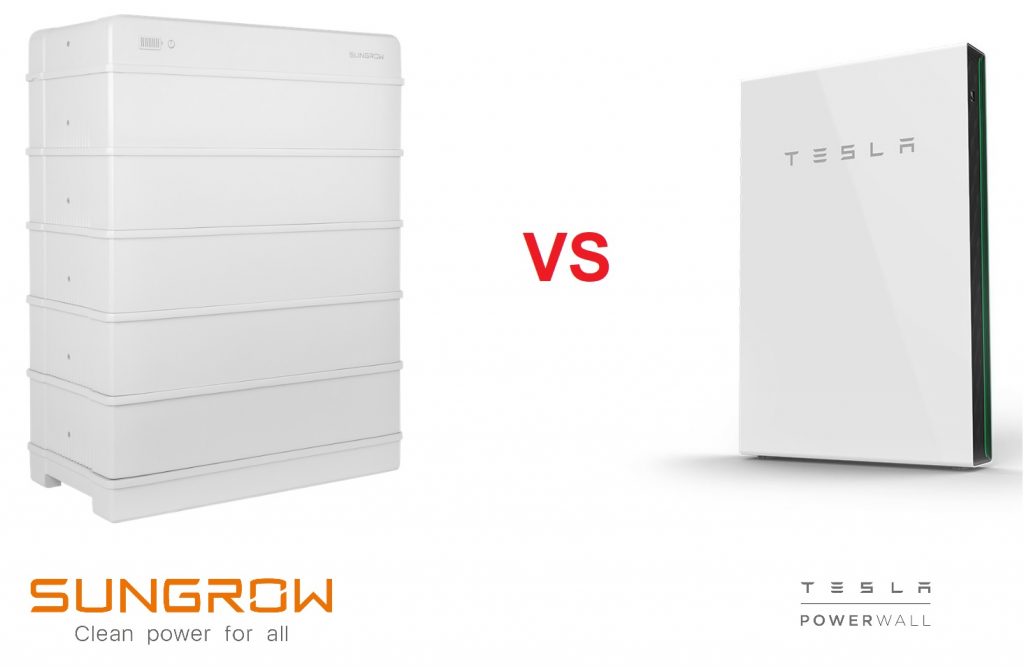Sungrow Battery vs Tesla Battery
Comparing the Advantages and Disadvantages of Sungrow and Tesla Batteries
As renewable energy sources continue to gain popularity, energy storage solutions play a vital role in maximizing the utilization and efficiency of these resources. Among the prominent names in the market, Sungrow and Tesla stand out as leading providers of battery storage systems. In this article, we will delve into the advantages and disadvantages of Sungrow and Tesla batteries to help you make an informed decision.
Advantages of Sungrow Batteries:
Cost-effectiveness: One of the primary advantages of Sungrow batteries is their affordability. They offer competitive pricing, making them an attractive option for homeowners and businesses looking to invest in energy storage without breaking the bank.
Safety and Stability: Sungrow batteries utilize lithium iron phosphate (LFP) chemistry, which is known for its excellent safety and stability characteristics. LFP batteries have a lower risk of thermal runaway and are less prone to catching fire, offering peace of mind to users.
Three-Phase Support: Sungrow batteries support three-phase battery systems, allowing for faster charging of electric vehicles. With a maximum capacity of 10 kW in a three-phase configuration, Sungrow batteries are ideal for users who require quick and efficient charging capabilities.
Flexible Capacity: Sungrow offers flexibility in terms of capacity. Their batteries can be easily arranged from 9.6 kWh to 25.6 kWh for a single string and can be expanded up to four strings. This scalability allows users to customize their energy storage systems based on their specific needs.
Disadvantages of Sungrow Batteries:
Limited Brand Recognition: Compared to Tesla, Sungrow may have limited brand recognition in some regions. This could impact customer confidence and trust in the product, especially for those who prioritize well-established brands.
Limited Distribution Network: Sungrow’s distribution network may not be as extensive as Tesla’s, which could result in challenges related to availability and customer support in certain areas.
Advantages of Tesla Batteries:
Established Brand and Reputation: Tesla has established itself as a leading player in the energy storage industry, known for its innovative technologies and high-quality products. Its brand recognition and reputation instill confidence in customers regarding the reliability and performance of Tesla batteries.
Advanced Battery Chemistry: Tesla Powerwall utilizes nickel-cobalt-aluminum (NCA) battery chemistry. NCA batteries offer high energy density, allowing for more energy storage in a compact form factor. This can be beneficial for applications where space is a constraint.
Grid Independence: Tesla Powerwall is designed to operate independently from the grid, providing backup power during outages. This feature ensures uninterrupted power supply to critical appliances and systems, adding an extra layer of reliability.
Disadvantages of Tesla Batteries:
Higher Cost: Tesla batteries, including the Powerwall, are generally more expensive compared to other battery options in the market. The initial investment required for Tesla batteries can be a deterrent for budget-conscious customers.
Limited Three-Phase Support: At present, Tesla Powerwall does not support three-phase battery systems. This can be a drawback for users who require fast charging capabilities for their electric vehicles or have three-phase electrical setups.
Conclusion:
Both Sungrow and Tesla batteries offer unique advantages and disadvantages. Sungrow batteries provide cost-effectiveness, safety, three-phase support, and flexible capacity options. On the other hand, Tesla batteries boast an established brand, advanced battery chemistry, and grid independence features. When choosing between the two, it is essential to consider factors such as budget, specific requirements, and the availability of support in your area. Ultimately, selecting the right battery system depends on your individual needs and preferences.




 1300-713-998
1300-713-998